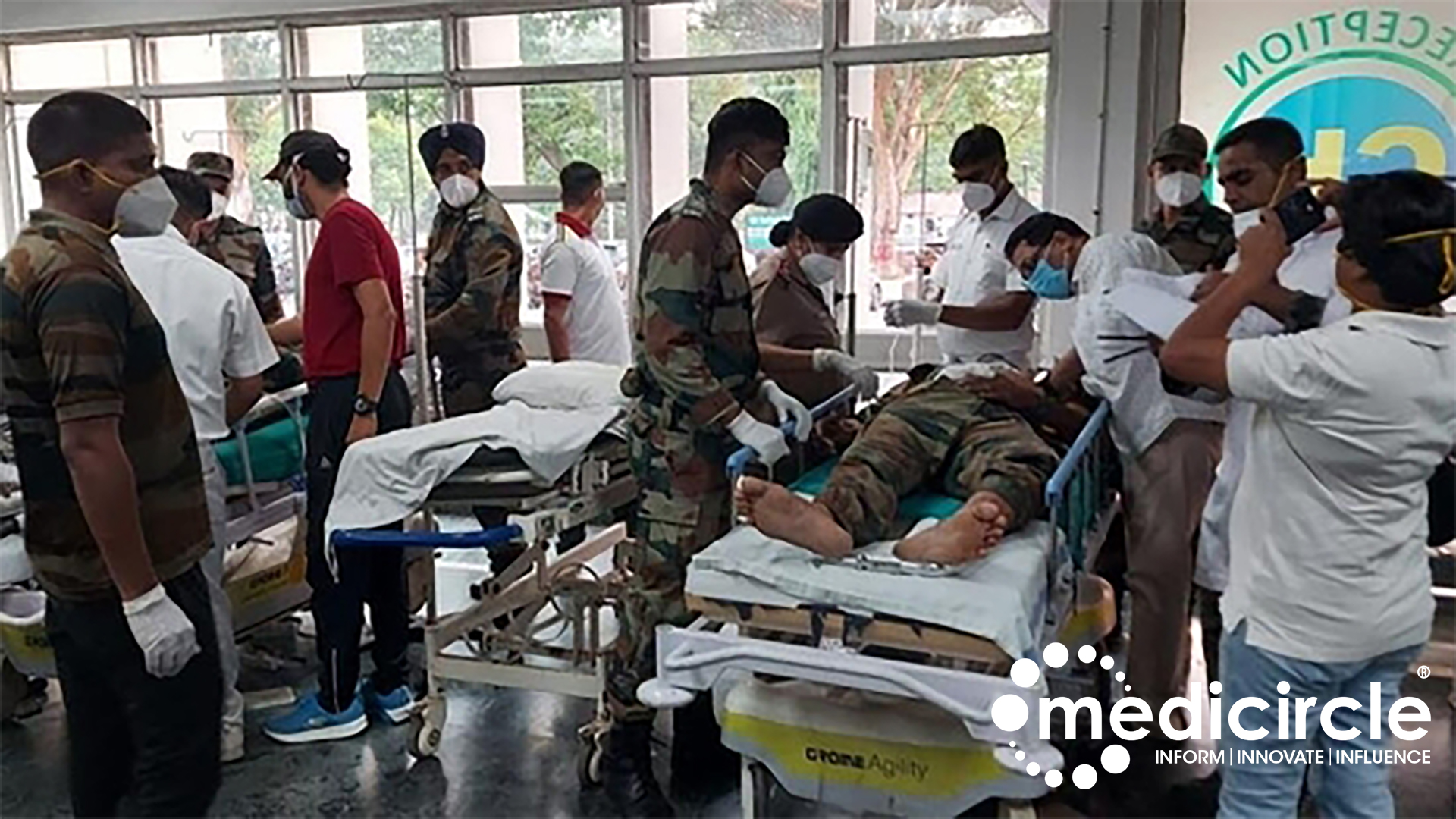In a significant move aimed at supporting cadets who have been boarded out of military academies due to medical reasons, the Defence Minister, Rajnath Singh, has approved a proposal for the extension of resettlement facilities. These cadets, who exhibit unmatched commitment to serve their nation in uniform, often face unfortunate circumstance of being invalidated out due to injuries sustained during rigorous physical training.
The decision to extend resettlement facilities comes after years of advocacy from both the affected cadets and their parents. Recognizing the aspirations of these young individuals who join military academies with the sole purpose of becoming officers in the armed forces, the approval of this proposal marks a significant step towards providing them with alternative opportunities for a fulfilling future.
The Department of Ex-Servicemen Welfare has also put forth a proposal to extend the benefits of schemes administered by the Directorate General of Resettlement to these cadets. This initiative aims to broaden the scope of opportunities available to them post-invalidation. These schemes covers a range of benefits, from the allotment of Mother Dairy milk booths and Safal shops to eligibility certificates for the allocation of retail petrol/diesel outlets and LPG distributorships.
By extending these schemes to the invalidated cadets, the government intends to empower them with the means to build a brighter future despite the challenges they have faced. It is estimated that over 500 cadets who have been boarded out on medical grounds will benefit from these initiatives. Moreover, this decision sets a precedent for future cadets who may find themselves in similar circumstances, ensuring that they too will have access to the same opportunities for support and rehabilitation.
The extension of resettlement facilities and benefits is not merely a gesture of goodwill but a recognition of the sacrifices made by these young individuals in pursuit of their aspirations to serve their country. It acknowledges the physical and emotional toll that injuries sustained during training can have on their lives and livelihoods.
For many of these cadets, the dream of serving in the armed forces may have been abruptly interrupted, but with the provision of alternative avenues for employment and entrepreneurship, they can still contribute meaningfully to society. By facilitating their integration into civilian life through schemes that provide economic stability and self-reliance, the government is reaffirming its commitment to the welfare of its citizens, especially those who have dedicated themselves to the service of the nation.
Furthermore, the extension of resettlement facilities aligns with broader initiatives aimed at promoting inclusivity and diversity within the armed forces. By ensuring that individuals with disabilities or medical conditions are not side-lined but instead offered opportunities for rehabilitation and reintegration.
From a strategic standpoint, supporting injured cadets in their transition to civilian life also serves to enhance the reputation and credibility of the armed forces as an institution that cares for its own. It sends a powerful message to current and prospective cadets that their well-being and future prospects are of paramount importance, thereby fostering loyalty and morale within the ranks.
In addition to the humanitarian aspect, there are also practical benefits to be gained from investing in invalidated cadets. By equipping them with the skills and resources necessary to pursue alternative careers or entrepreneurial ventures, the government can mitigate the potential loss of talent and expertise within the armed forces.
Moreover, by facilitating their transition to civilian life, these cadets can become ambassadors for the armed forces, bridging the gap between the military and civilian communities and fostering greater understanding and cooperation between the two.
In conclusion, the approval of the proposal for the extension of resettlement facilities to cadets boarded out of military academies on medical grounds is a commendable step towards ensuring their future well-being and prosperity. By providing them with access to alternative opportunities for employment and entrepreneurship, the government is not only fulfilling its duty of care towards these young individuals but also harnessing their potential to contribute meaningfully to society. This initiative reflects the values of compassion, inclusivity, and commitment to service that lie at the heart of the nation’s ethos and serves as a testament to the resilience and determination of those who aspire to serve their country, regardless of the obstacles they may face.

 The extension of resettlement facilities aligns with broader initiatives aimed at promoting inclusivity and diversity within the armed forces.
The extension of resettlement facilities aligns with broader initiatives aimed at promoting inclusivity and diversity within the armed forces.





.jpeg)
.jpeg)
.jpeg)
.jpeg)
.jpeg)
_(1)_(1)_(1).jpeg)
_(1).jpeg)


.jpeg)





.jpeg)


.jpeg)
.jpeg)

.jpeg)
.jpeg)




